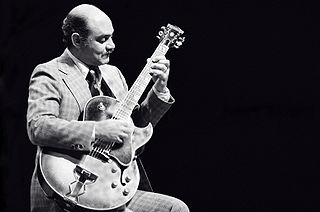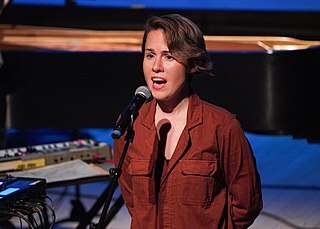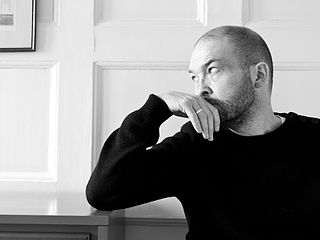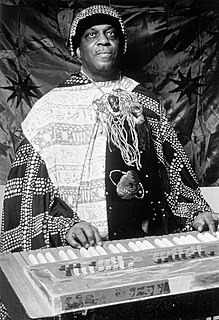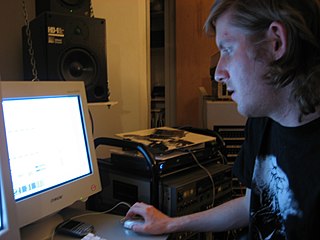A Quote by Jerry Garcia
You have to be ready, and also you have to discard notions that are fondly held by a lot of musicians, about sequences and notes and about scales and musical systems as a whole. If you think of music as a language, the space part is where you throw out all the syntax.
Related Quotes
You can't think and play. If you think about what you're playing the playing becomes stilted. You have to just focus on the music I feel, concenctrate on the music, focus on what you're playing and let the playing come out. Once you start thinking about doing this or doing that, it's not good. What you are doing is like a language. You have a whole collection of musical ideas and thoughts that you've accumulated through your musical history plus all the musical history of the whole world and it's all in your subconscious and you draw upon it when you play
I've done a lot of performance practice, Baroque playing, and some of the joy and the challenge of it is figuring out what the composer intended... You have music of the 17th century - it's all whole notes and half notes. But inside of that, there are so many things that one can do, at least according to what we know about performance practice.
It doesn't matter if it's jazz or not. It's about how we listen, how we interact, how we guide our attention when we're listening, and how we can refine what we're doing musically. Also how we can create our own music, and what opportunities that can bring us, as creative musicians. And then insisting that musicians put themselves through an intellectually rigorous process, which involves a lot of reading and writing, while insisting that music scholars think about ethics.
I personally feel that there's a lot of music journalism that is dominated by genre, because you need a language in which to write, but actually the things that strike people about music, are very hard to write about, and its sonic connections, it's a sense of harmony that I think we all have even if we don't know how to express it - it's something musical, it's synapse connections in our brain.
One of the things I always underscore when I teach criticism is that young critics, or would be critics, frequently have this illusion that if they write about music they're somehow part of music, or if they write about movies they're part of movies, or of they write about theater they're part of theater, or write about literature. Writing is a part of literature, we belong the species of literature. If you add all the music reviews together that have ever been written, they don't create two notes of music.
When I'm actually writing by hand, I get more of a sense of the rhythm of sentences, of syntax. The switch to the computer is when I actually start thinking about lines. That's the workhorse part. At that point, I'm being more mathematical about putting the poem on the page and less intuitive about the rhythm of the syntax.
I think about my art works as paintings, because they refer to the history of painting. I also have to think about them as sculptures, because every part of the process is part of the project. They're sculptures because they play on the idea of what should be hanging in a gallery. In that sense they're also kind of ready-mades.
I think that Billie (Jean King) and Zina (Garrison), they have a whole lot of experience. Even if I don't quite agree with something or have a different way of doing it this week, whatever they said, I did it right away and I found out that it was correct. I think that's helped a lot...I'm having fun. I had a lot of fun out there. Sometimes I was ready to smile -- but I knew I'd lose focus -- because I was doing things that I'd done in practice and we talked about. I was ready to laugh and give someone a high-five, but it wasn't time for that.

